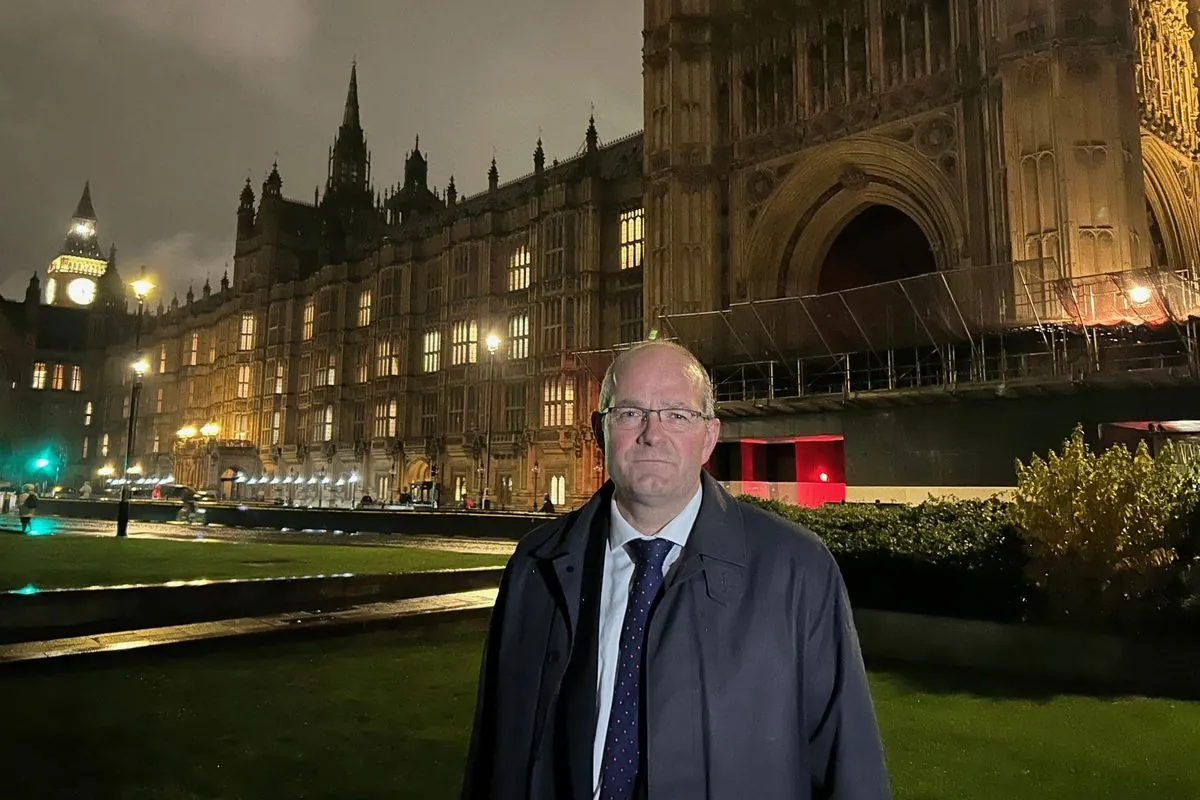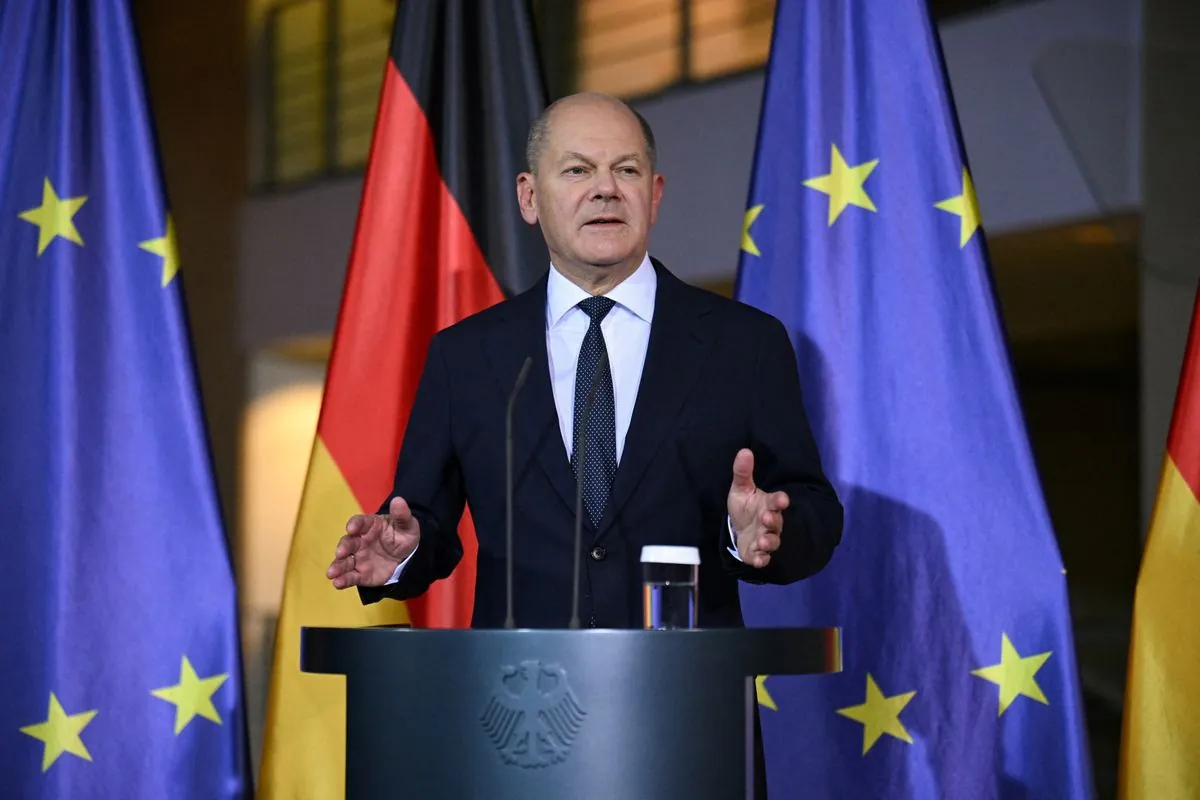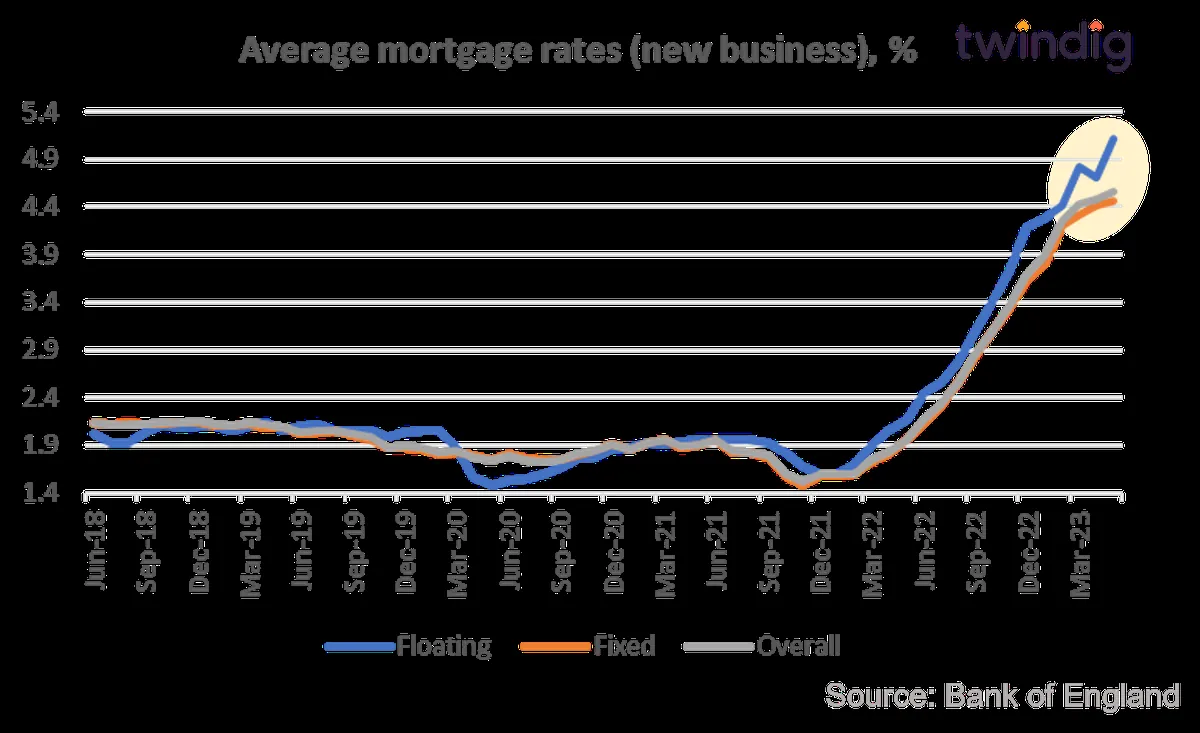UK tax policy shift raises eyebrows: Expert points to concerning historical patterns
A fresh look at UKʼs tax-rate changes shows puzzling patterns that go against proven economic history. Recent policy decisions might affect various sectors from small businesses to healthcare providers

The UKʼs tax-policy landscape shows a mind-boggling pattern where decision-makers dont seem to learn from past experiences. Back in early 2010s when the top tax-rate jumped from 40% to 50%‚ tax income went down — but when George Osborne lowered it to 45%‚ collections improved
The corporation-tax story tells a similar tale: during 2010-2020 (when rates dropped from 28% to 19%) tax income grew by billions; similar to what happened with John F Kennedy and Ronald Reaganʼs tax-cuts in the US. Now Rachel Reeves and Sir Keir Starmerʼs recent budget seems to ignore these lessons
The employerʼs National Insurance rise to 15% (plus lower threshold) might hurt more than help. Social-media comments show surprising mis-understanding of business economics: many dont realize how this affects break-even points for various companies — especially start-ups and research firms
Recent data paints a tough picture for new businesses:
- 20% fail in first year
- 60% dont make it past 3 years
- Only 33% survive beyond 10 years
The hospitality sector faces particular challenges; British Institute of Innkeepingʼs numbers are troubling: 80% of pubs might become un-profitable‚ 75% plan staff-hour cuts‚ and 40% will reduce working hours. Healthcare providers (including GP surgeries dentists and hospices) face similar issues
The Alternative Investment Market needs attention too: itʼs crucial for Britainʼs next-gen companies especially in life-sciences. The solution might lie in making pension funds invest in smaller innovative firms; this could help maintain UKʼs position as a tech-forward economy. Its ironic that those whoʼll suffer most are the very people Labour claims to represent





























